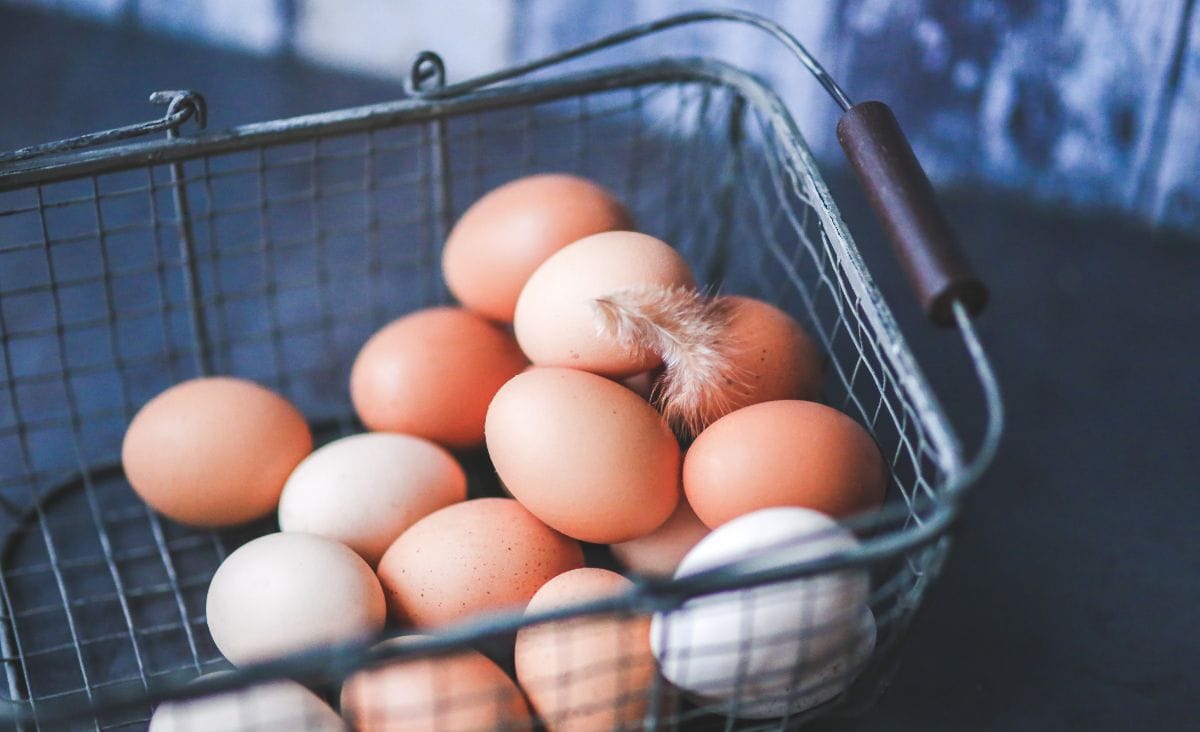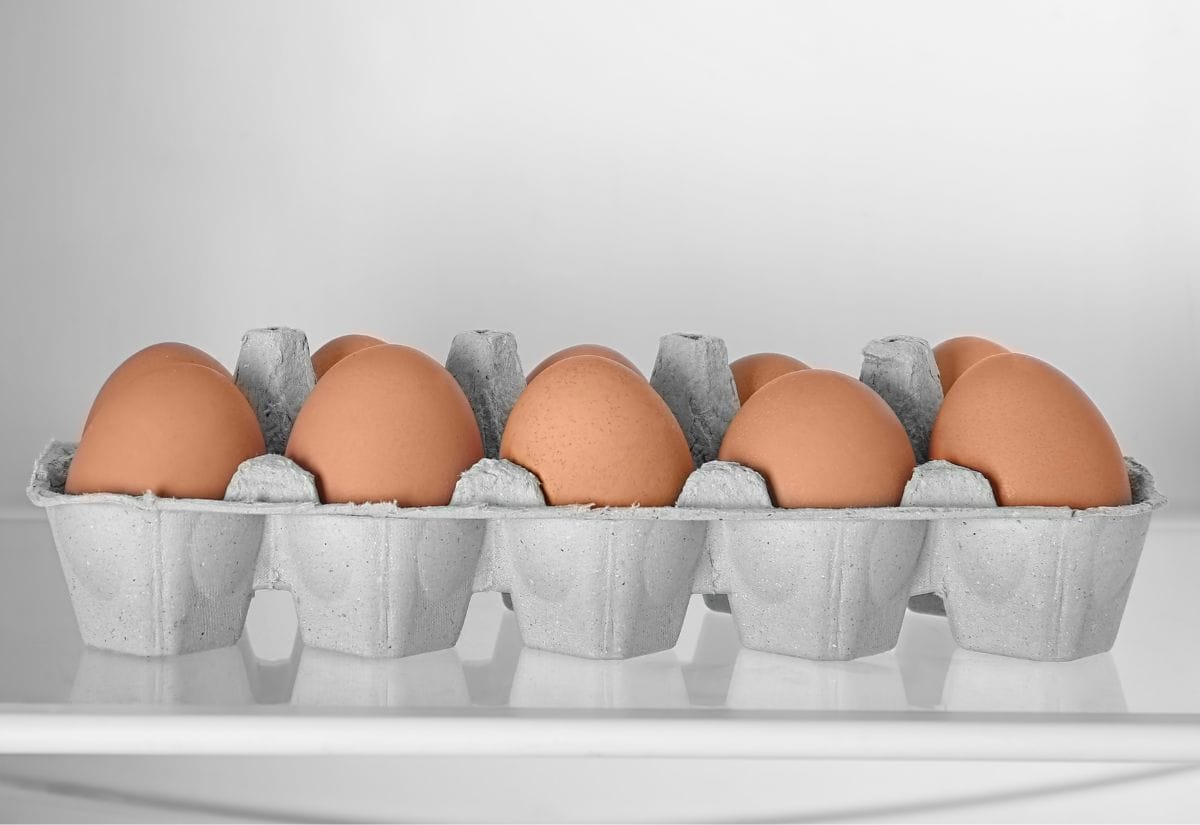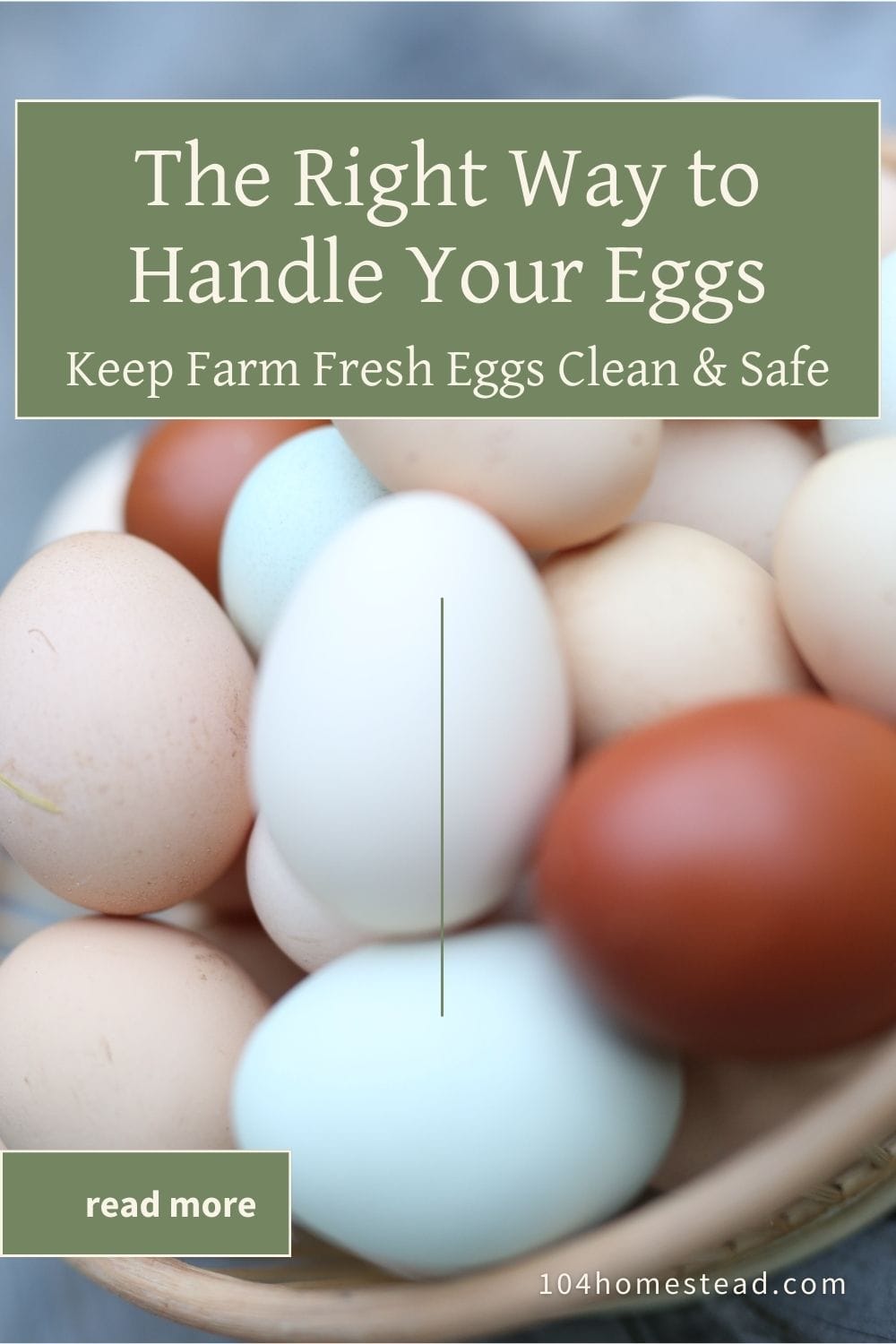Essential Egg Handling Tips: Keeping Farm Fresh Eggs Safe
Learn how to keep your farm-fresh eggs clean and safe with these expert tips on egg handling, storage, and alternatives to washing.

Farm fresh eggs are a prized addition to any kitchen, but handling them correctly is essential to ensure they’re safe to eat. Whether you’re collecting them straight from your backyard coop or purchasing them at a local farm stand, knowing how to properly store and care for eggs can make all the difference.
In this post, we’ll dive into the key practices for handling farm fresh eggs safely. From the debate over washing eggs to the differences between U.S. and European guidelines, we’ll help you make informed decisions. Whether you’re a seasoned homesteader or new to raising chickens, these egg-handling tips will simplify your routine and keep your eggs safe and delicious.
Why Safe Egg Handling Matters
Eggs are a nutrient-packed food, but improper handling can pose a risk of bacterial contamination, such as salmonella. Understanding how to care for your eggs from collection to storage is critical for ensuring safety and maximizing freshness.
U.S. Guidelines: Wash and Refrigerate
The U.S. Food and Drug Administration (FDA) requires eggs sold commercially to be washed and refrigerated to minimize the risk of contamination. Here are the key takeaways:
- Washing Eggs: Eggs undergo a cleaning process that removes dirt and bacteria but also strips the natural protective coating (bloom).
- Refrigeration: After washing, eggs must be kept at 45°F or lower to prevent bacteria growth.
- Shelf Life: Refrigerated eggs can stay fresh for up to three weeks. Always store them in their original carton to reduce moisture loss and odor absorption.
Pro Tip: If you collect eggs from your backyard flock, consider washing them only if they are visibly dirty and refrigerate them immediately after.

European Guidelines: Keep Eggs Unwashed and Room Temperature
In Europe, the approach is entirely different. Eggs are neither washed nor refrigerated, based on the belief that the natural bloom acts as a barrier against bacteria. Key points include:
- Unwashed Eggs: Preserving the bloom prevents moisture and bacteria from penetrating the shell.
- Room Temperature Storage: Eggs are stored in cool, dry conditions away from direct sunlight.
- Encouraging Clean Practices: Farmers focus on keeping nesting boxes clean to minimize dirt on eggs.
Fun Fact: In many European countries, eggs are sold on shelves near bread and dry goods rather than in the refrigerated section.
To Wash or Not to Wash?
The decision to wash eggs often comes down to personal preference and local practices. Here are some things to consider:
If kept at room temperature, unwashed eggs can last up to two weeks due to the protective bloom. They’re ideal for small homesteads or immediate use. Washed eggs require refrigeration to remain safe, but they have a longer shelf life when stored cold. This is a good option if you sell or store eggs for an extended period.
Best Practices for Storing Farm Fresh Eggs
- Collect Eggs Promptly: Gather eggs at least twice a day to reduce the risk of contamination from dirt or bacteria.
- Inspect for Cleanliness: Use a soft brush or cloth to gently remove dirt without washing if you plan to store them at room temperature.
- Refrigeration Tips: Store eggs pointed-side down in the carton to maintain freshness and prevent the yolk from touching the air pocket.
- Label Your Eggs: Write the collection date on the carton to keep track of freshness.
My Egg Handling Routine
As someone who raises chickens, I’ve tried both U.S. and European methods. Here’s what works best for me:
I collect eggs several times a day and store them in an egg skelter on my counter to keep them fresh and organized. For customers, I typically provide washed and refrigerated eggs, unless they specifically request unwashed eggs for room-temperature storage. When selling to health food stores, I adhere to FDA protocols by ensuring all eggs are properly washed and refrigerated to meet compliance standards.
FAQs on Cleaning and Handling Farm Fresh Eggs

How to Keep Your Eggs Clean Without Washing
Maintaining clean eggs starts with proactive care in your coop and nest boxes. Ensure that bedding in the nesting boxes is always clean and dry, as this significantly reduces the chance of dirty eggs. Using sand bedding in your coop can further minimize mud and moisture, keeping eggs naturally cleaner. Collecting eggs frequently throughout the day is another simple but effective way to prevent excessive exposure to dirt and bacteria.
If you’re hesitant to wash your eggs, there are alternatives to maintain cleanliness while preserving the protective bloom. Lightly soiled eggs can be cleaned using a dry cloth or brush. For eggs that are visibly dirty, consider reserving them for immediate use to ensure their freshness and safety.
Want Cleaner Eggs? Pin These Must-Know Tips!

Egg handling doesn’t have to be complicated. By following these best practices, you can enjoy the full benefits of farm fresh eggs safely and confidently. Whether you prefer the U.S. approach of washing and refrigerating or the European method of preserving the bloom, the key is to adopt a routine that works for you. With proper care, your eggs will stay fresh, safe, and delicious for weeks to come.
Keeping your chickens healthy and safe plays a significant role in producing clean, high-quality eggs. Understanding how to isolate new or sick birds is key to maintaining a healthy flock. Protecting your chickens from predators also ensures your birds—and their eggs—stay safe and sound. And for those curious about the beautiful variety of egg colors your hens can produce, you’ll love learning more about what influences those hues.
How do you handle and store your eggs—are you team countertop or team refrigerator? Share your tips and experiences in the comments below!





Hi Jessica
I very much appreciate your blog. Humorous and informative! We raise both meat and egg birds. My husband’s flock. He usually hangs onto the meat birds longer than most and so our egg numbers can be as many as two dozen a day. Double yolks common with the meat birds and triple yolks on occasion .
Regarding egg handling practices, I separate clean from dirty eggs when collecting them. Soiled eggs get a dry rub cleaning, clean ones get a smile . . 🙂 All sit on my counter until used or bartered with neighbours who have food items I want. Bartered eggs go into recycled egg cartons. Because we run roosters with our hens I crack eggs into a small dish before adding them to anything.
My husband and I cannot consume as many eggs as we keep, but I raise Yorkshire Terrier and Miniature Schnauzer dogs and feed eight cooked (scrambled) eggs morning and night as part of their soft diet. I have very healthy dogs!!
A side note:
Best before date in the commercial world of food production means best before . . not rotten the day after!! We have friends who won’t eat anything not dated . . . but smoke . . . Big Money Buys Brains!!
Thanks again for your blog.
Rosalind
We don’t wash ours…. My hubby has been paranoid that the eggs shelf life would be compromised so has been putting them in the fridge… After this I think we will leave them out of the fridge from now on! Thanks for the post!
HI! We are new to chickens this year so I am really enjoying reading all the different opinions on storage. Right now we have 23 hens that are around six months old that I believe are all producing. We are getting around 18 eggs per day. We have told our daughter that she can sell the eggs and use that money to pay for feed for her 4H projects but it is one of her chores to take care of the chickens.
Our question is this…. I have read that using mineral oil on eggs will make the eggs last longer, especially if the eggs have been washed. Would you suggest or recommend this? Also, we have now made a road sign for “Fresh Eggs for Sale”. We would like to put a container by the road to put the eggs in for customers to have a self service. What would you suggest we use for this container.
Mineral oil will extend the shelf life of eggs significantly. I wouldn’t worry about it until next year, though, when your hens may reduce their output during the winter. They should continue to lay steadily this year, but at two they start to have trouble with the shorter days.
We’ve found that a cooler works great for an honor system egg container. My husband secured a coffee can with screw-on lid to the side so it’s harder for people to steal the funds.